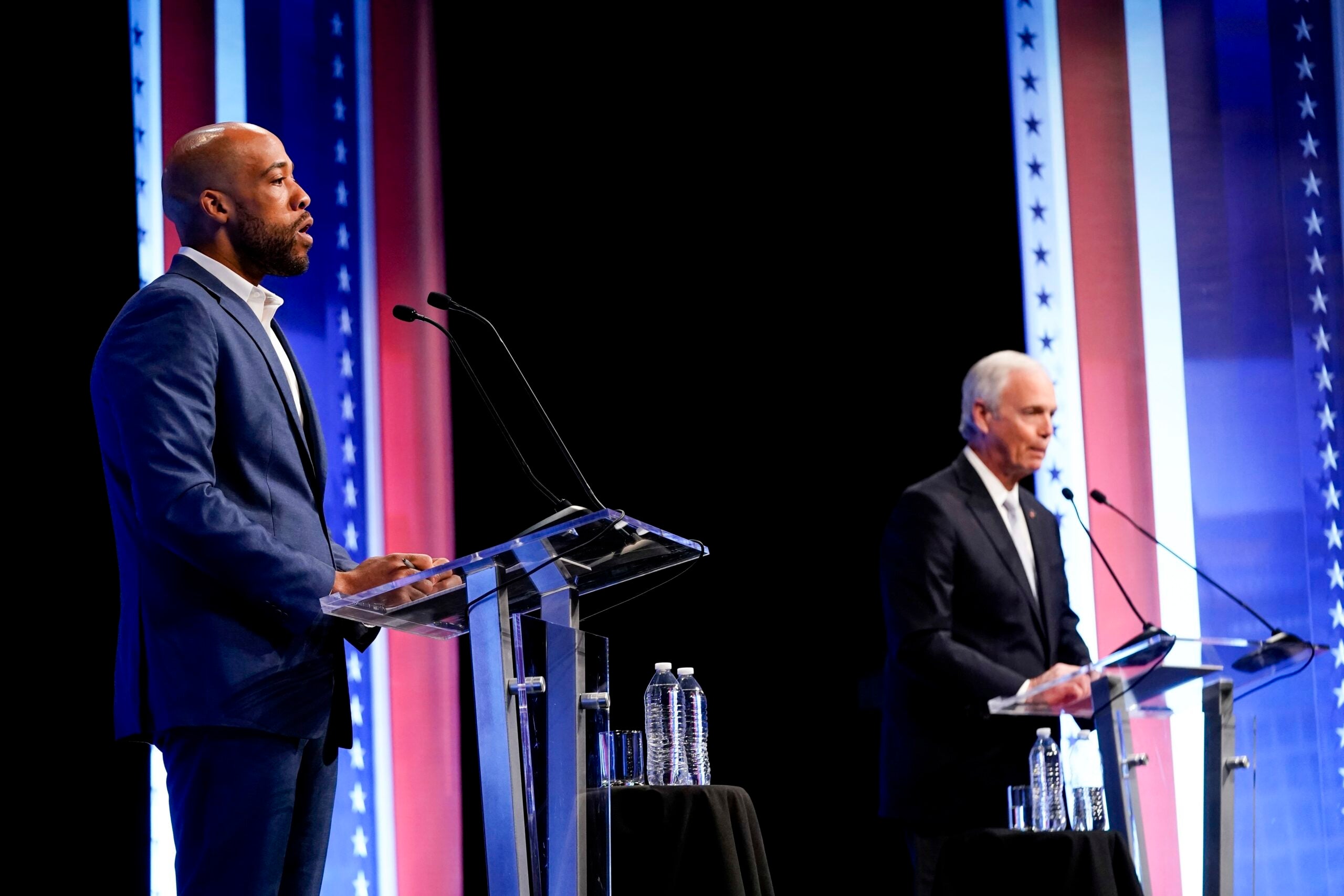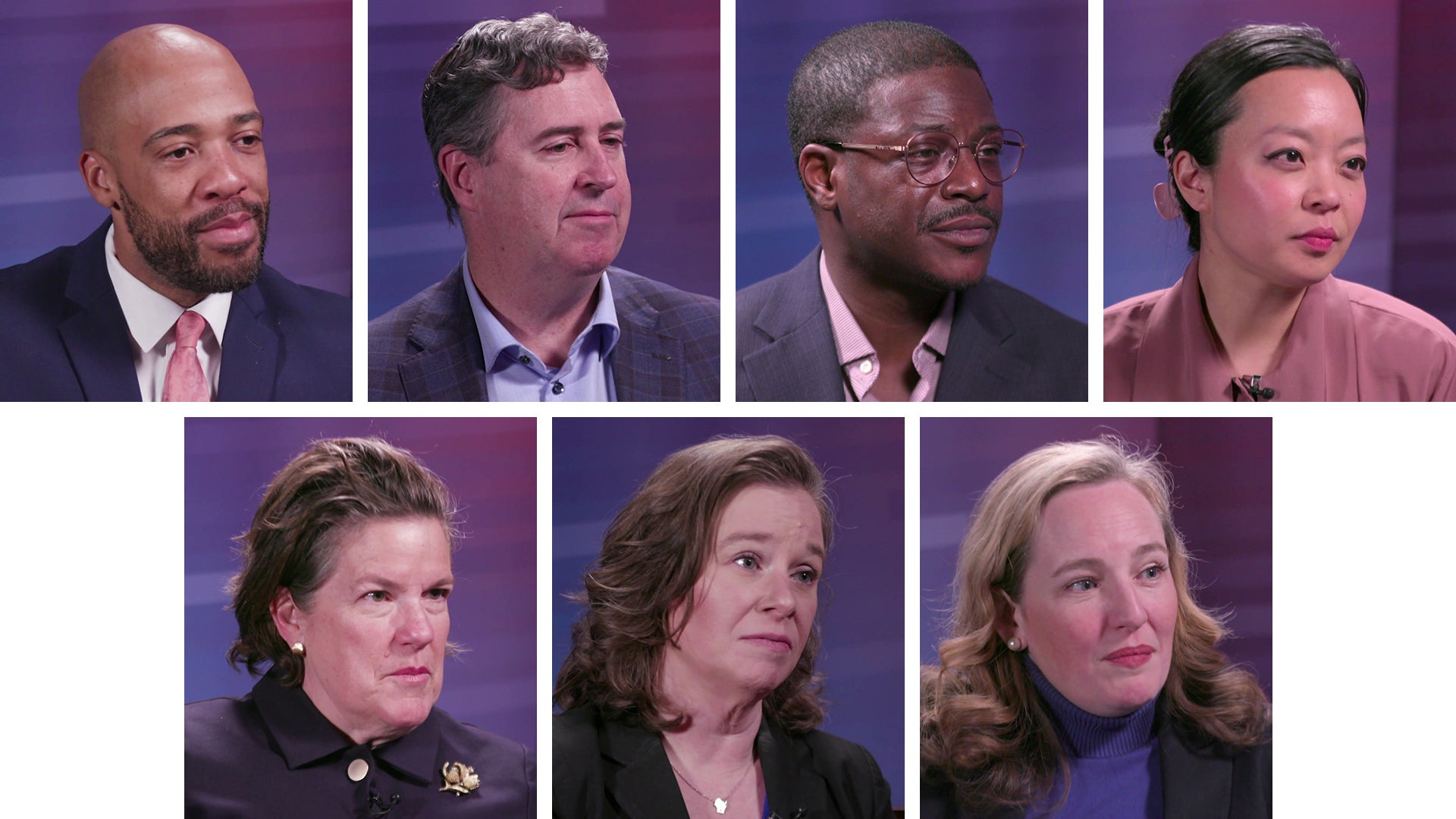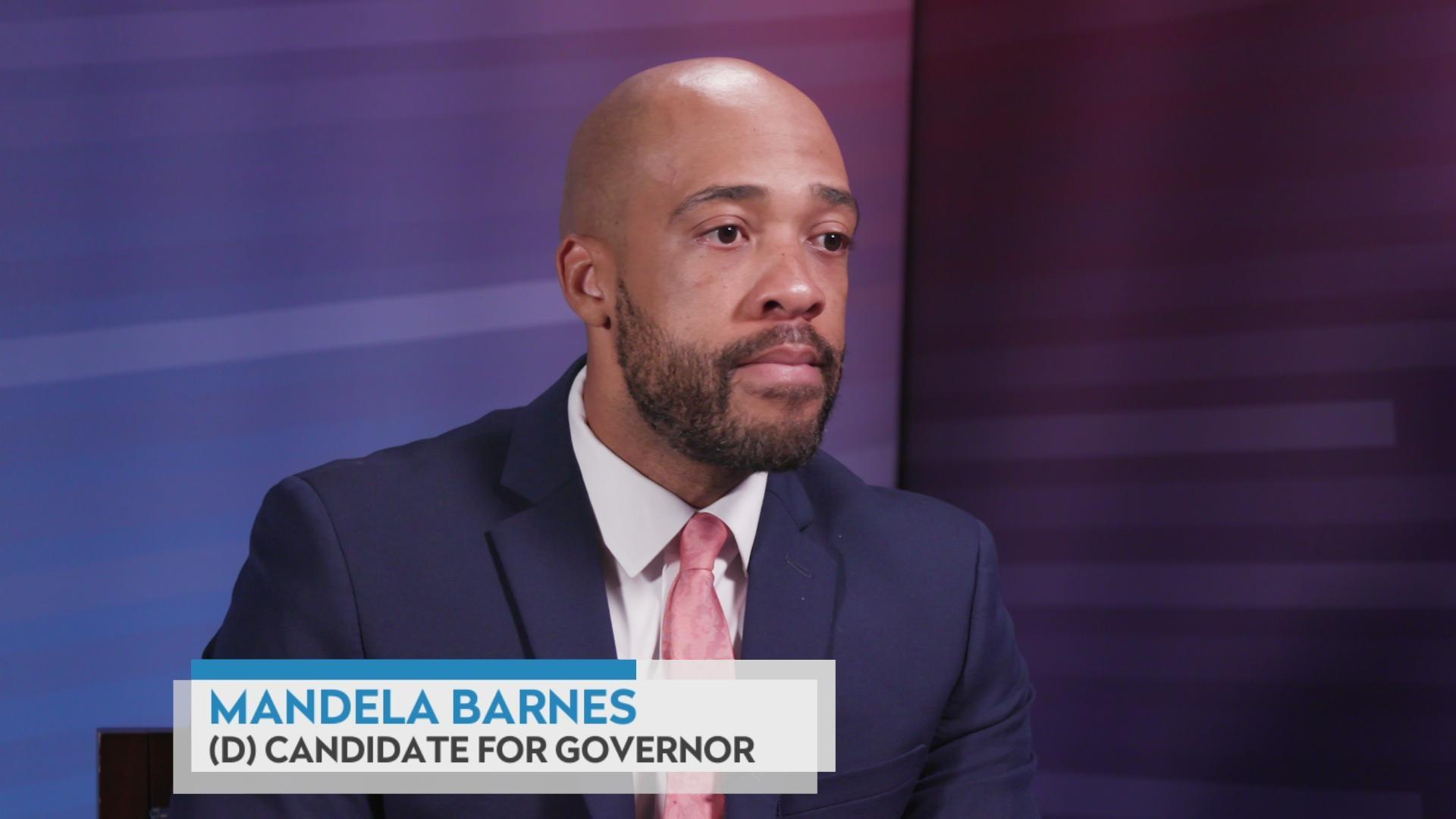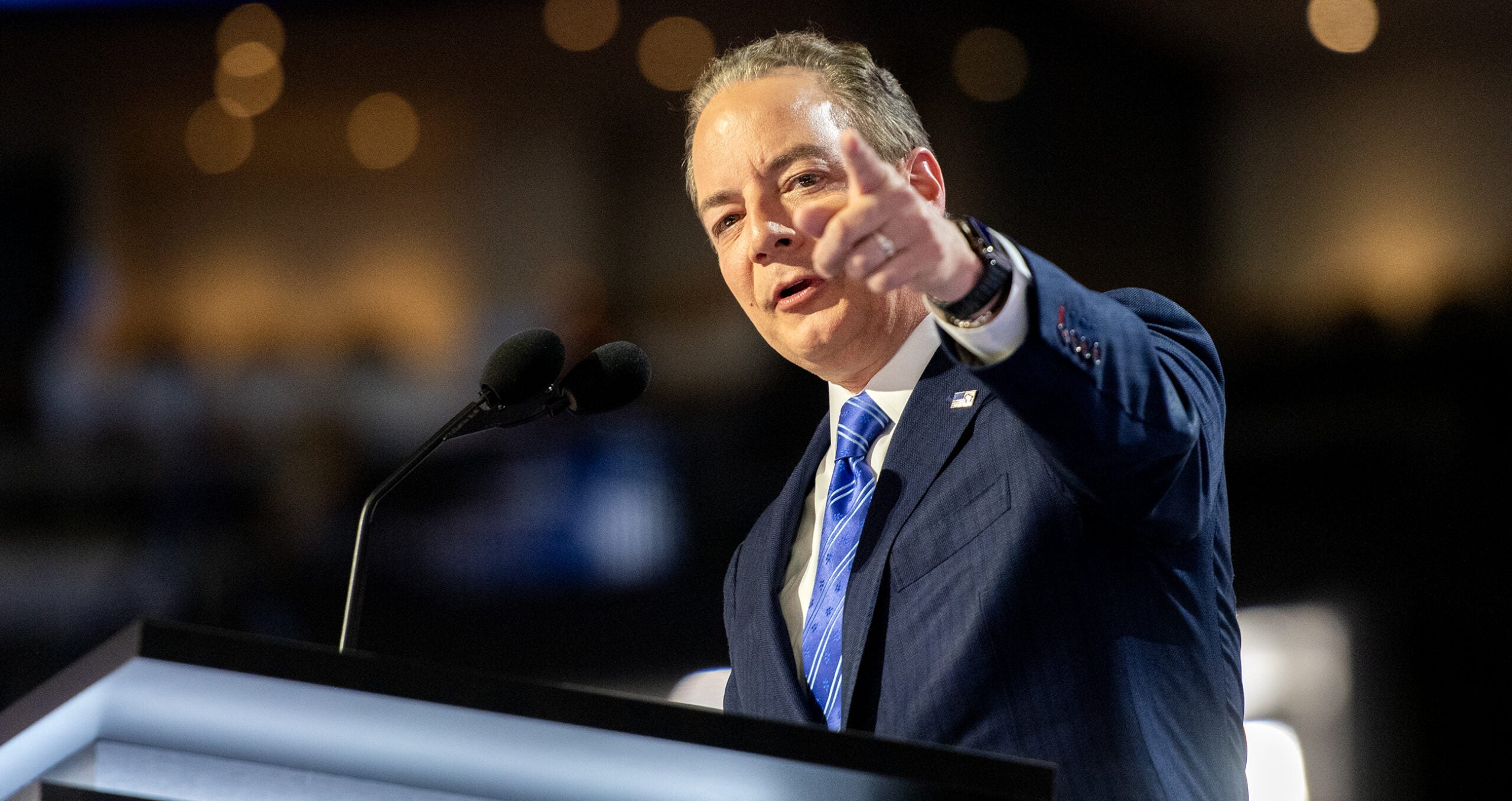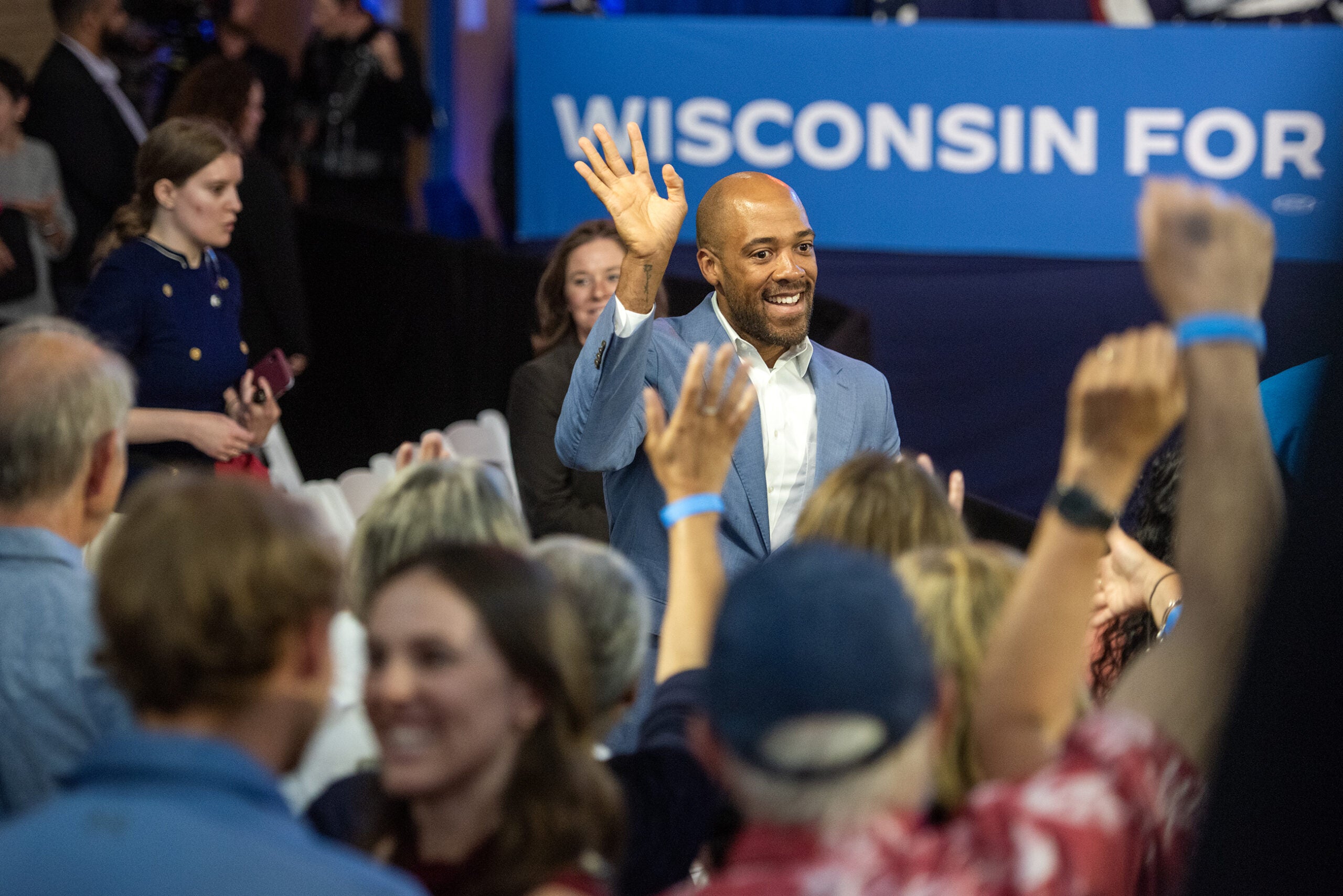Democratic Lt. Gov. Mandela Barnes outraised Republican U.S. Senator Ron Johnson by nearly $8 million dollars in the most recent federal campaign finance reports. Barnes’ campaign is hopeful the haul shows momentum for the Democrat, who has trailed in recent polling.
Federal Elections Commission quarterly reports show Mandela Barnes for Wisconsin raised $19.5 million between July 21 and Oct. 30. Meanwhile, Ron Johnson for Senate, Inc. raised $11.6 million.
The filings show the Barnes campaign spent just more than $17 million during that period, while Johnson’s spent just more than $9.1 million.
News with a little more humanity
WPR’s “Wisconsin Today” newsletter keeps you connected to the state you love without feeling overwhelmed. No paywall. No agenda. No corporate filter.
At the end of September, Johnson’s campaign had more cash on hand with a little more than $4.5 million while Barnes’ campaign ended with about $3.5 million cash on hand.
In a statement sent to Wisconsin Public Radio, Barnes campaign spokesperson Maddy McDaniel said “the momentum and grassroots energy is on Mandela’s side heading into the most critical weeks of the election.”
Johnson’s campaign did not respond to a request for comment on the October FEC reports.
The candidate filings don’t account for outside spending by political action committees, which have poured tens of millions of dollars into Wisconsin’s Senate race. Political advertising analytics firm AdImpact estimates more than $150 million will be spent on the Barnes, Johnson matchup.
According to campaign finance watchdog OpenSecrets, outside groups have spent nearly $88 million dollars on the U.S. Senate race thus far. Of that, around $35.1 million has been spent on ads opposing Barnes and around $27.4 million has been spent in opposition of Johnson.
The two campaigns have taken markedly different approaches with their advertising. Johnson has mostly focused on ads attacking Barnes as soft on crime, featuring the Democrat’s past statements on police funding, cutting Wisconsin’s prison population in half and his support of liberal policies like the Green New Deal and universal health care.
Barnes, has used ads to define himself as a product of his union, middle class upbringing while pushing back against attacks from Johnson and his Republican allies.
Barnes’ campaign didn’t release its first ad directly attacking Johnson until Oct. 3., focusing on the incumbent’s anti-abortion votes and statements during his time in the Senate.
University of Wisconsin-La Crosse political science professor Kristina LaPlant said it’s not surprising to see fundraising and spending jump during the final weeks of what is expected to be a tight Senate race.
“It’s not just getting your base out to vote,” La Plant said. “It’s getting people who are ideologically aligned with you to understand the emphasis of what’s at stake in this election and making that effort to get out and cast your vote. So, it really boils down to which message has that mobilizing factor to it.”
La Plant said it appears the Barnes’ campaign has been working more in recent weeks to drive mobilization using fear, anger and resentment over the U.S. Supreme Court decision overturning Roe v. Wade abortion protections in June.
Anthony Chergosky, who also teaches political science at UW-La Crosse, told WPR the Johnson and Barnes campaigns are “battling over a very small number of persuadable voters” this late in the election.
He said Barnes’ latest campaign filing shows his campaign will have plenty of resources to make his final pitch to Wisconsin just more than three weeks from election day.
“I’m not sure what the effect will be, because we are such a polarized state and there are very few undecided voters,” Chergosky said. “And it might be the case that Johnson already has enough of an edge to carry him through to victory.”
Wisconsin Public Radio, © Copyright 2026, Board of Regents of the University of Wisconsin System and Wisconsin Educational Communications Board.

